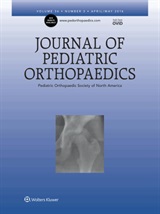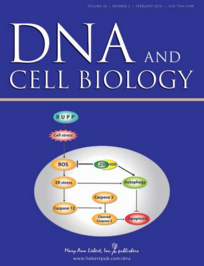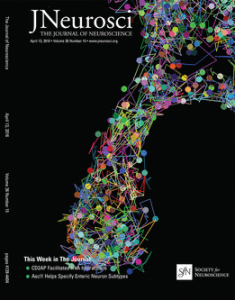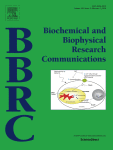 The corresponding author asked the Journal of Pediatric Orthopaedics to retract an article that found popular pain medicines can curb growth in rats, in light of an unresolved authorship dispute.
The corresponding author asked the Journal of Pediatric Orthopaedics to retract an article that found popular pain medicines can curb growth in rats, in light of an unresolved authorship dispute.
The article, “Nonsteroidal Anti-Inflammatory Drugs Cause Inhibition of the Growth Plate in Cultured Rat Metatarsal Bones,” details preliminary results that indicate nonsteroidal anti-inflammatory drugs (NSAIDs) may reduce growth in rat bones in a dose-dependent manner, suggesting caution in treating chronic inflammatory diseases in children. The editor told us the paper was “highly rated” by reviewers and the results were “never in question,” but the senior author asked to pull the paper after failing to resolve a dispute with a researcher who asked to be added as an author.
According to the notice: Continue reading Author dispute retracts paper suggesting NSAIDs curb growth in rats









